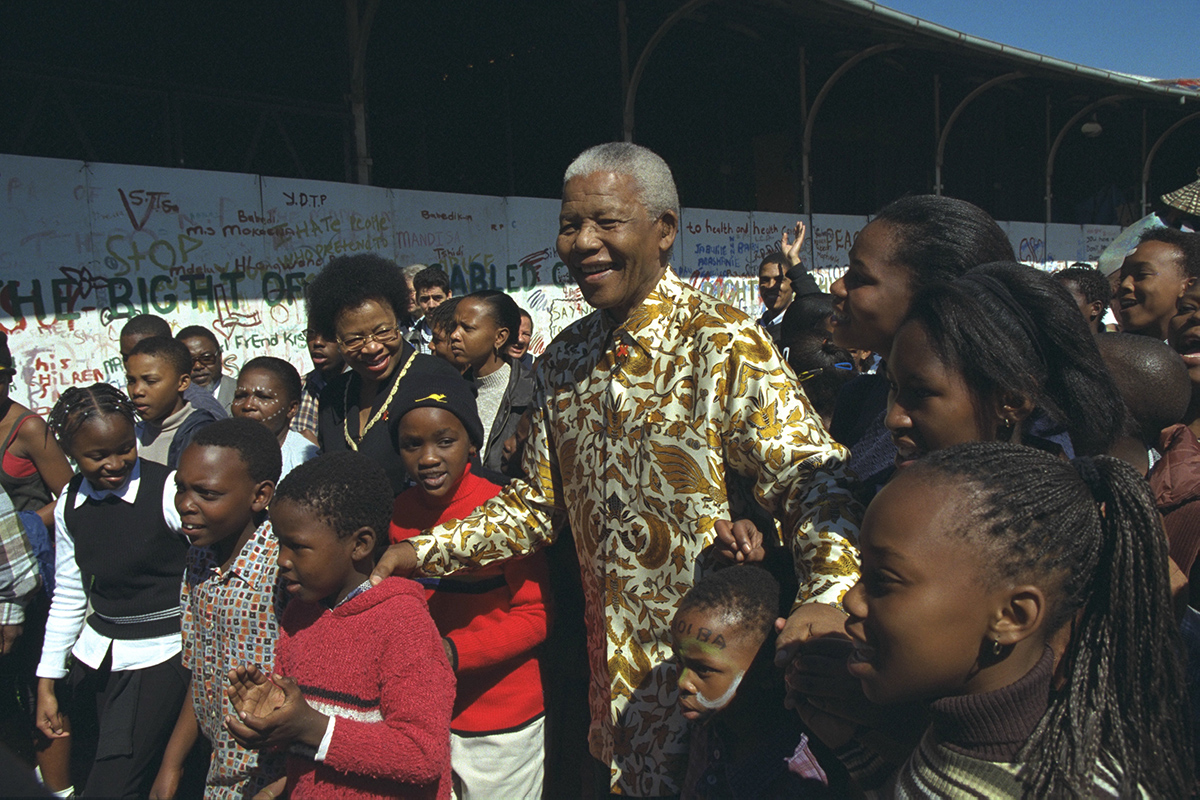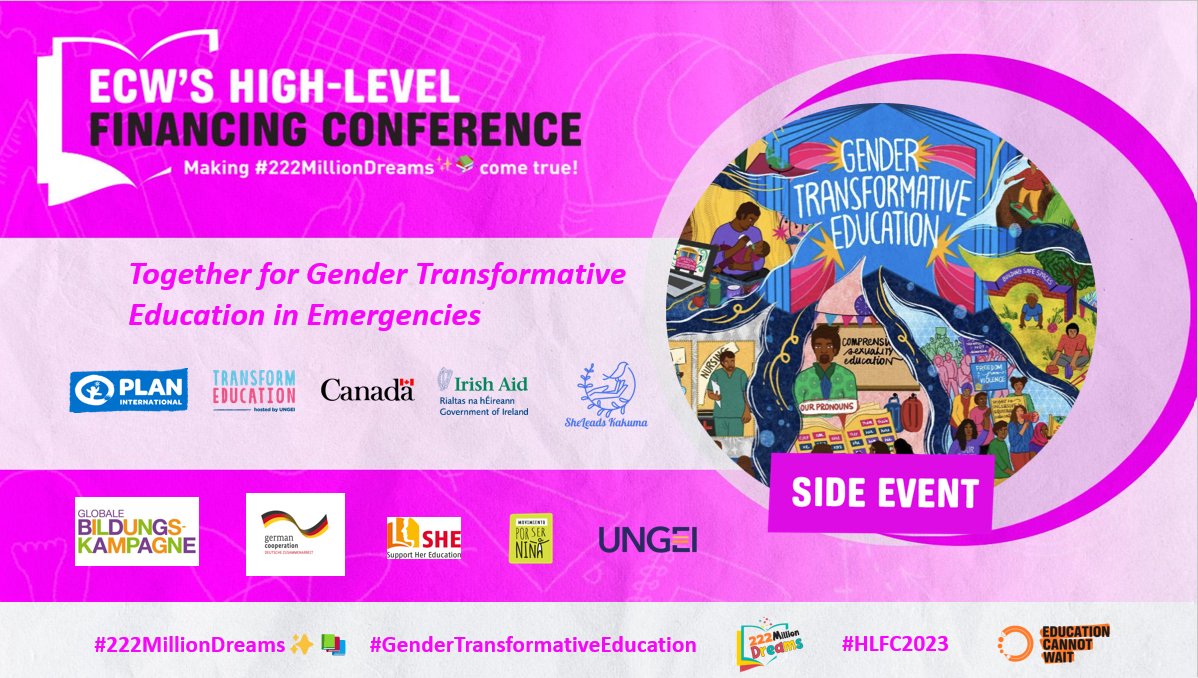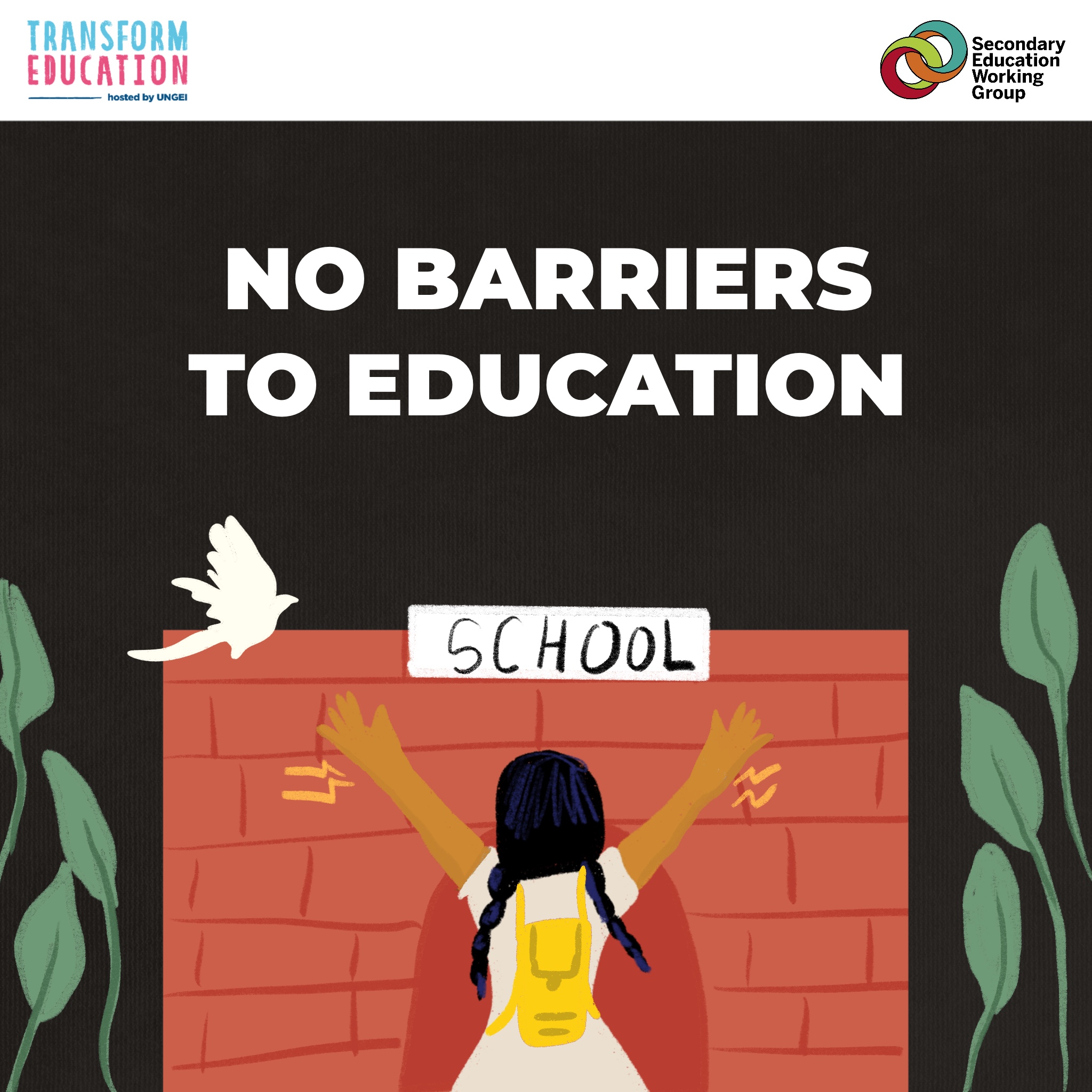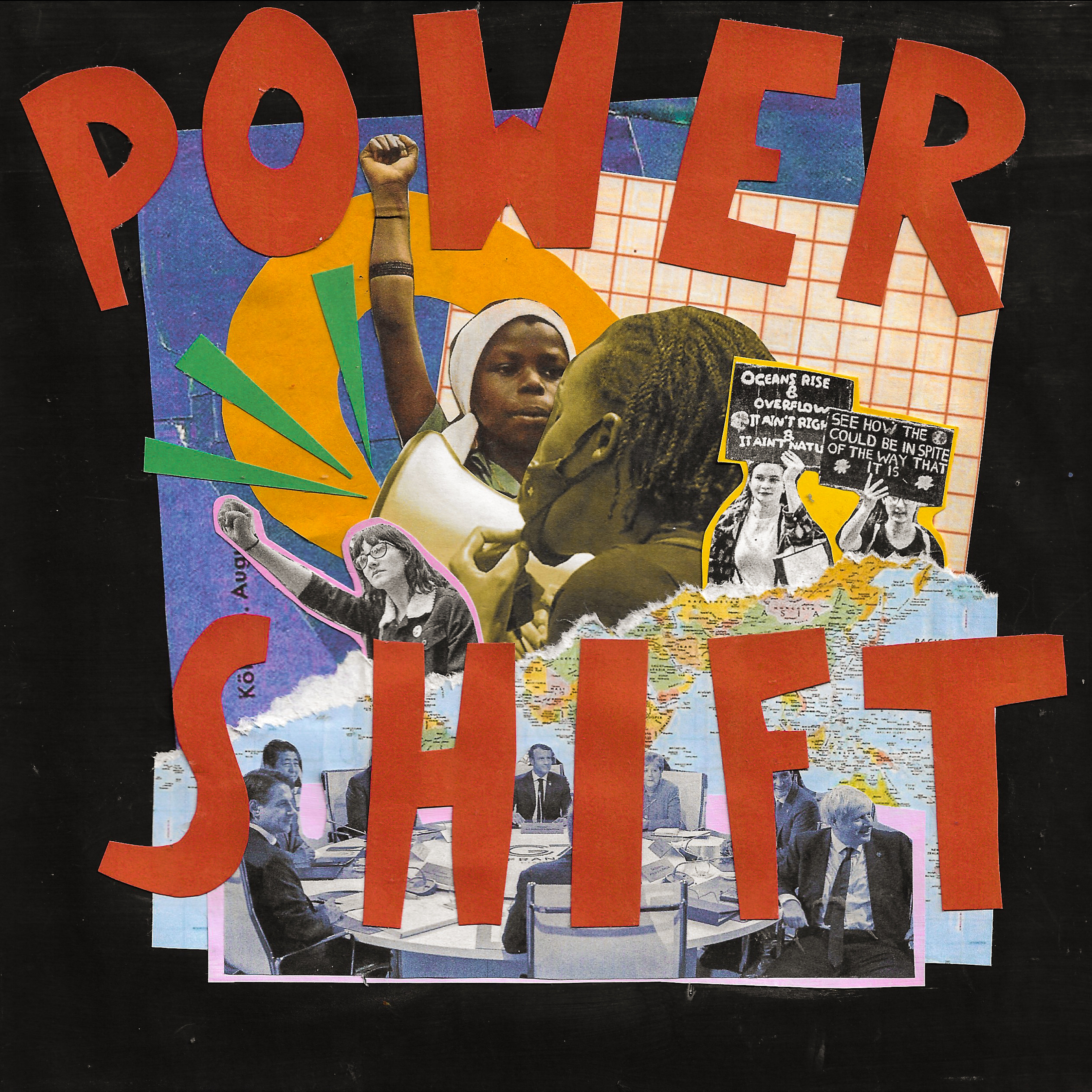The wise Nelson Mandela once said that, “as long as women are bound by poverty and as long as they are looked down upon, human rights will lack substance”. Each individual has the power and capability to transform the world and make an impact. The ethos of Mandela Day explores each individual’s power and capability to transform and make an impact on the world. This serves as a tool that brings people together to combat social injustices as a unit as well as promoting peace.
One of the greater adversaries of social justice has been gender inequality as it continues to flawlessly thwart any effort to establish and promote social justice, continuing to be one of the most influential injustices that have had a huge impact in the world at large. Women and girls find themselves at a disadvantage as far as this injustice is, with their efforts seeming all but minuscule. Girls in the South African education system are not motivated to venture into a male dominated industry such as science and engineering. There are more girl children in schools, but a few of them branch into such faculties when they get to secondary and tertiary level.
Nelson Mandela was all about education and that it is the most powerful weapon which one can use to change the world. It cannot be a powerful weapon if some potential is recognized and explored above the other. In some instances, stereotypes are brought on by the educators in schools, whereby they request girls to mop the floors and the boys are ought to pack the chairs and tables. This rather enforces that there are specific positions for both counterparts and it automatically shapes both children on what society deems to be appropriate in their roles. This alters the current and future mentalities of most people.
Poverty and teenage pregnancy are also factors that affect the personal development of both the girl and boy. In a poverty stricken environment, a boy would be told to leave school to take care of the family financially. Coherently, a girl child is also not encouraged to continue schooling after falling pregnant, and it results in the increased rate of illiterate people in South Africa. However young women change makers are hard at work to combat such injustices.
WEMAC, abbreviated for ‘we make a change’ aims to restore confidence in students and redefine education and personal development. This is why the organization began the ‘write a letter’ campaign in which one writes a letter to their younger or former selves with the purpose of reaching unmotivated students. This initiative enables a lot of people to give back without being physically present, which is now quite convenient considering the pandemic regulations set out in South Africa.

Mandela Day should be treated like a daily deed, because every day is Mandela Day. A young advocate of change, Shirley Malefane is a firm believer of this statement and she celebrates Mandela Day in strong reference to that. It is vital for everyone to start implementing positive changes, in any way possible. Mandela Day is a day of reflecting where we have come from and preparing for where we are headed towards. Change is possible and it is evident in the times we live in. Giving back is not expensive, and it is not always monetary.
Nelson Mandela has fought for social justice for 67 years; society is called on to dedicate 67 minutes of their time to a cause or education transformation. In light of this, young women change makers are challenging societal norms and empowering economic participation.


